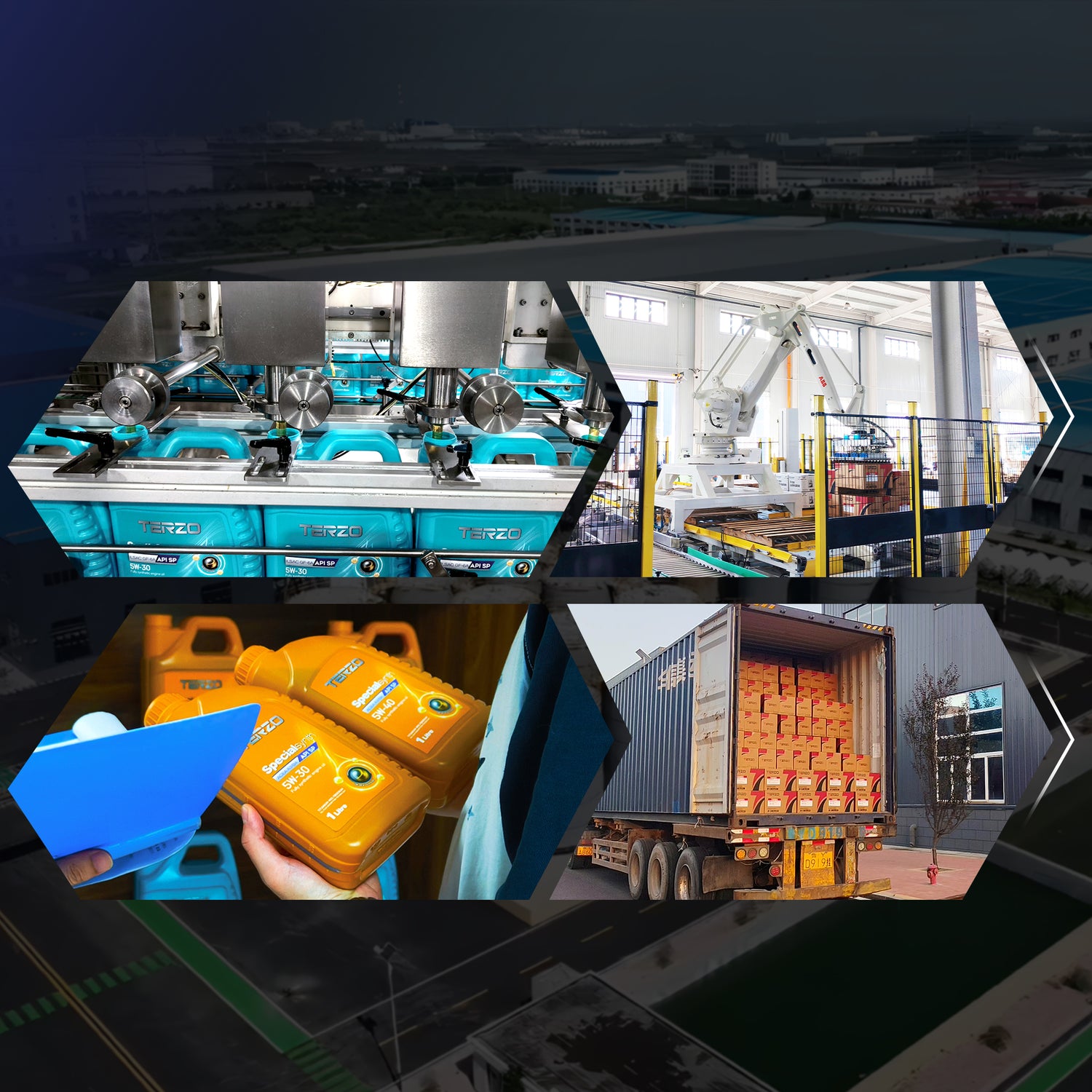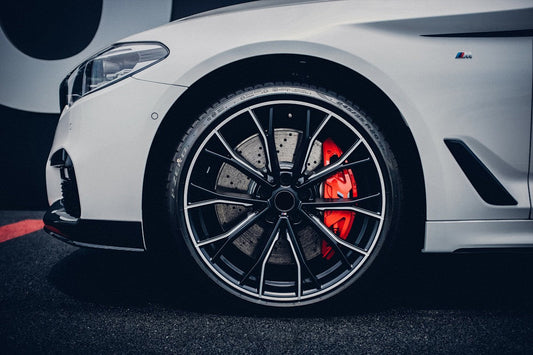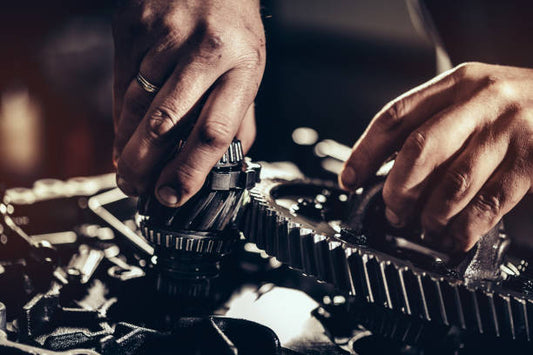Synthetic Brake Fluid Guide: Types, Benefits, and Top Recommendations
Choosing the right brake fluid is critical for vehicle safety and performance. This guide explains the differences between synthetic Dot 3 brake fluid, conventional oil brake systems, and why upgrading to synthetic brake fluid like TERZO can optimize your braking system.
1. Brake Fluid Basics: Functions & Types
Brake fluid transmits hydraulic pressure in braking systems and must meet strict performance standards15. Key types include:
-
Synthetic Dot 3 Brake Fluid:
-
Dry boiling point: ≥205°C, wet boiling point: ≥140°C8.
-
Compatible with most passenger vehicles, cost-effective for daily driving.
-
-
Mineral Oil Brake Systems (Oil Brake):
-
Found in older or specialty vehicles (e.g., classic cars).
-
Requires non-synthetic, mineral-based fluids to avoid seal damage12.
-
⚠️ Warning: Mixing synthetic and mineral break oil (common misspelling of "brake oil") can cause seal failure.
2. Synthetic vs. Conventional Brake Fluid
Synthetic Brake Fluid Advantages:
-
Higher Boiling Points: Reduces vapor lock risk during heavy braking8.
-
Moisture Resistance: Absorbs 50% less water than conventional fluids, preventing corrosion15.
-
Longer Lifespan: Lasts 2–3 years vs. 1–2 years for non-synthetic options12.
Conventional Fluid Limitations:
-
Limited to older oil brake systems.
-
Degrades faster under high temperatures.
3. When to Upgrade to Synthetic Brake Fluid
-
Frequent Towing/High-Performance Driving: Synthetic fluids handle extreme heat better.
-
Humid Climates: Reduced moisture absorption prevents brake fade.
-
Modern Vehicles: Most 2010+ models require synthetic fluids like synthetic Dot 3 brake fluid or higher grades.

4. Maintenance Best Practices
-
Test Annually: Use a refractometer to check moisture content (≥3% = replace)12.
-
Flush Every 2–3 Years: Remove old fluid and contaminants.
-
Avoid Substitutes: Never use break oil or motor oil in braking systems.
5. Top Product: TERZO Synthetic Brake Fluid
Why TERZO Stands Out:
-
Ultra-High Boiling Point: 230°C dry / 160°C wet (exceeds Dot 3 standards)8.
-
Anti-Corrosion Formula: Protects aluminum calipers and steel lines.
-
Certifications: Meets DOT 3, DOT 4, and ISO 4925 Class 6+ specs.
Best For:
-
High-performance vehicles
-
Electric cars (compatible with ABS/ESP systems)8

FAQs
Q: Can I use synthetic Dot 3 brake fluid in older cars?
A: Yes, but avoid mixing with mineral oil brake fluids. Flush the system first12.
Q: Is "break oil" the same as brake fluid?
A: No – "break oil" is a common typo. Brake fluid is hydraulic-specific15.
Q: How does TERZO compare to other brands?
A: TERZO offers 20% better heat resistance than standard synthetic fluids8.
By understanding synthetic brake fluid benefits and avoiding break oil misuse, you’ll ensure safer braking. For peak performance, choose TERZO – engineered for modern and classic vehicles alike.




